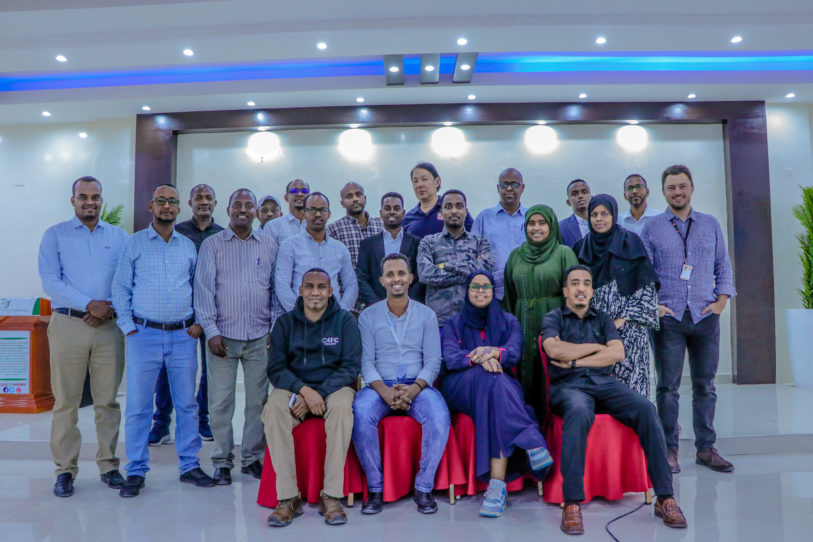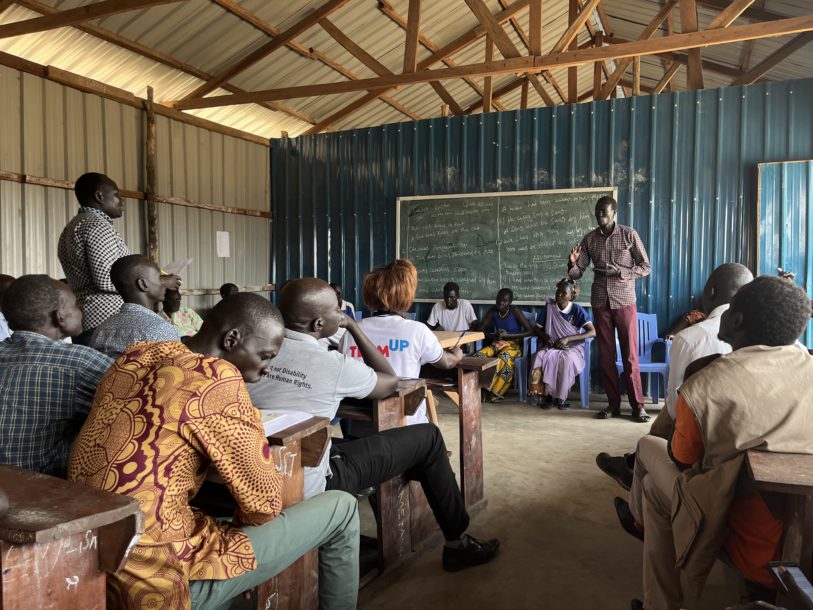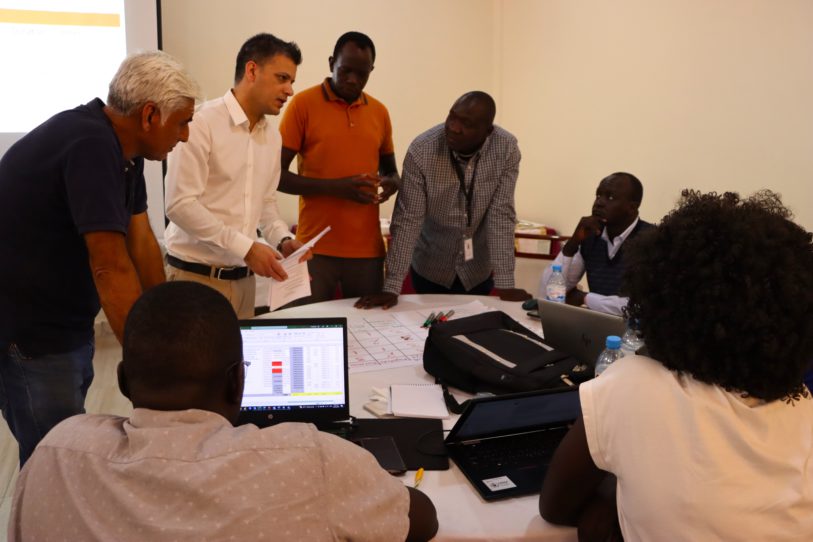Bangladesh - Cox’s Bazar
Bangladesh Cox Bazar Environmental Screening Report – This report refers to the technical training sessions facilitated in Cox’s Bazar (05-09 February) Bangladesh in 2023 and includes the application of NEAT+ to a local case study.
Case study – ‘Provision of life-saving assistance and protection to IDPs, Rohingya refugees and vulnerable host communities in Bangladesh’
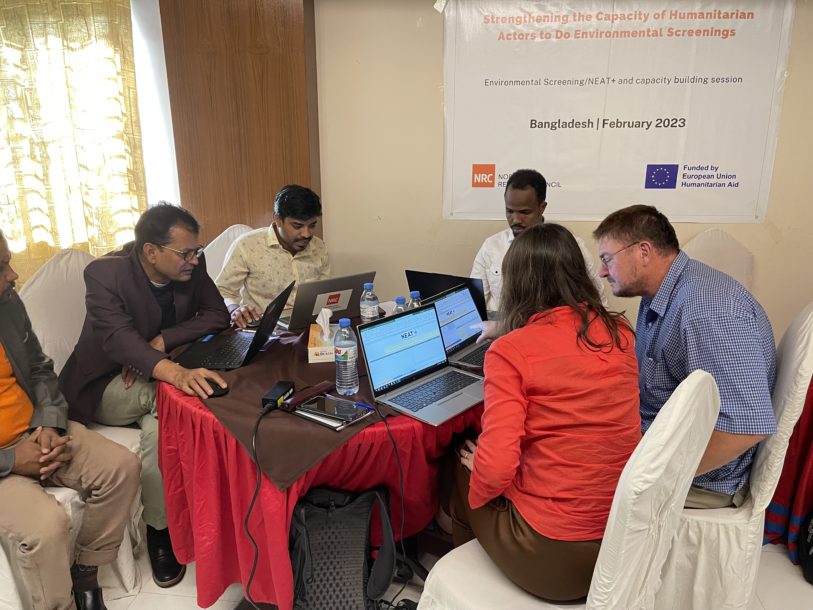
The Norwegian Refugee Council is in the early phase of the project ‘Provision of life-saving assistance and protection to IDPs, Rohingya refugees and vulnerable host communities in Bangladesh’. The project covers Rohingya refugees and host
communities in the Ukhiya and Teknaf sub-district of Cox’s Bazar district in Bangladesh. Given the temporary nature of shelter material approved by the Government, coupled with extreme weather conditions in Bangladesh, refugee shelters require maintenance throughout the year. The project will target households to maintain their shelters with bamboo, tarpaulin, rope, and wires. To reinforce the shelters, households will be provided materials and technical support, including Shelter NFIs/TDKs, steel footings and treated bamboo, in preparation for cyclone and monsoon season. NRC’s Shelter programs are operational in camps 8-East, 8-West, and Camp 25. WASH programs are operational in Ukhiya; specifically, Palongkhali, Holdiapalong. In 2022, NRC started WASH activities in Camp 7 which includes inclusive rehabilitation and construction of safe water points such as new construction, rehabilitation, repair, and maintenance of safe water points/source/catchment. The WASH component of the project also includes the inclusive rehabilitation and construction of latrines, bathing cubicles, solid waste, and faecal sludge management facilities. This covers new construction, rehabilitation, repair; and maintenance of sanitation facilities such as latrines, bathing areas, solid waste management points, etc.; distribution of hygiene kits; hygiene promotion; and awareness programs.

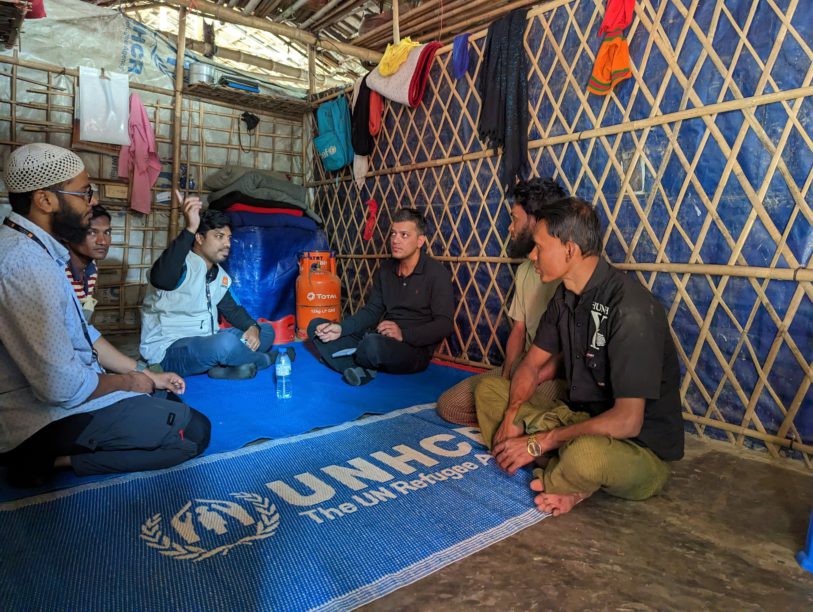
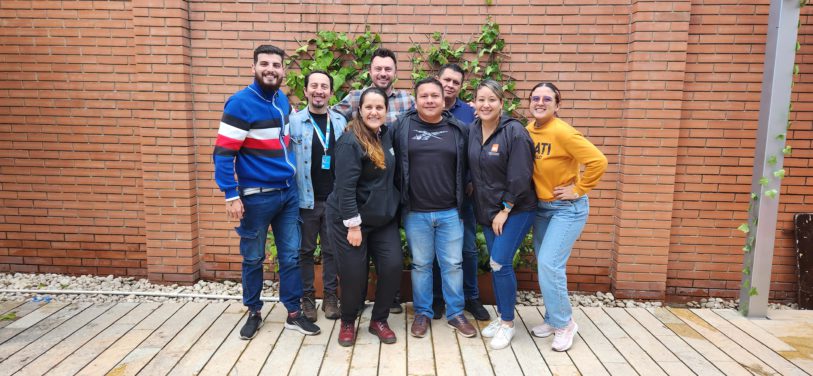
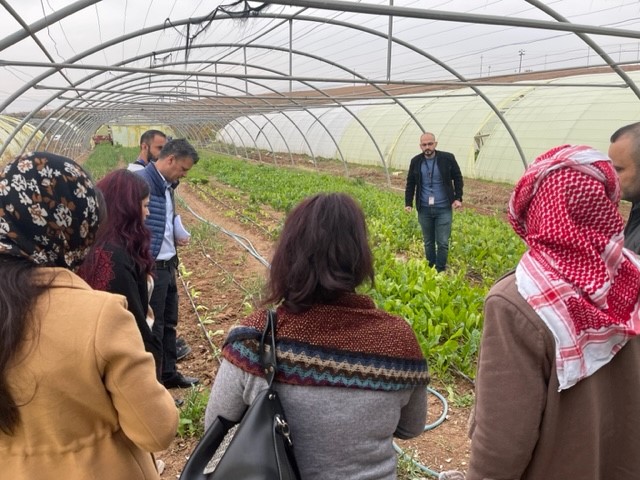
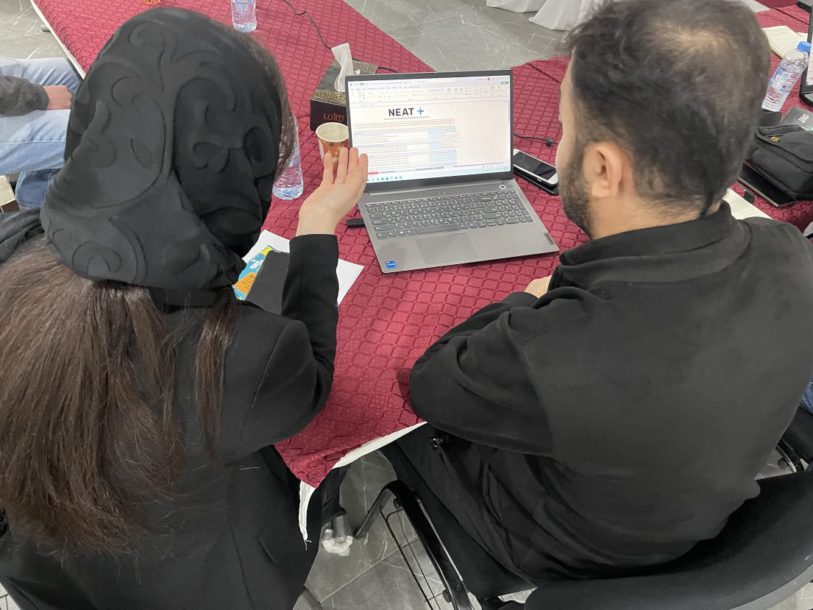 The Danish Refugee Council (DRC) and Mercy Corp support IDPs in the Bezabize informal settlement facing severe shelter and WASH challenges. Most of the population lives in deteriorated tents that are inadequate for cold winter and hot summer days. DRC’s shelter and settlement team have designed a transitional shelter structure that is more durable than a tent, provides more convenient shelter, safer, and easy to dismantle and move in case of eviction. The structure is made from steel installed on a concrete base, with plywood walls and door, a sandwich panel for the roof, and PVC door and windows, as shown in the photo. In partnership with DRC, Mercy Corp has WASH-focused interventions in Bezabize, including solid waste management and hygiene kits distribution and promotion campaigns. More specific interventions include providing solid waste management services based on the needs and hiring casual labourers on a rotation basis for garbage collection and conducting context-specific hygiene promotion activities, including pre- and post-KAP (Knowledge-Attitude-Practice) surveys and distributing hygiene kits to IDPs.
The Danish Refugee Council (DRC) and Mercy Corp support IDPs in the Bezabize informal settlement facing severe shelter and WASH challenges. Most of the population lives in deteriorated tents that are inadequate for cold winter and hot summer days. DRC’s shelter and settlement team have designed a transitional shelter structure that is more durable than a tent, provides more convenient shelter, safer, and easy to dismantle and move in case of eviction. The structure is made from steel installed on a concrete base, with plywood walls and door, a sandwich panel for the roof, and PVC door and windows, as shown in the photo. In partnership with DRC, Mercy Corp has WASH-focused interventions in Bezabize, including solid waste management and hygiene kits distribution and promotion campaigns. More specific interventions include providing solid waste management services based on the needs and hiring casual labourers on a rotation basis for garbage collection and conducting context-specific hygiene promotion activities, including pre- and post-KAP (Knowledge-Attitude-Practice) surveys and distributing hygiene kits to IDPs.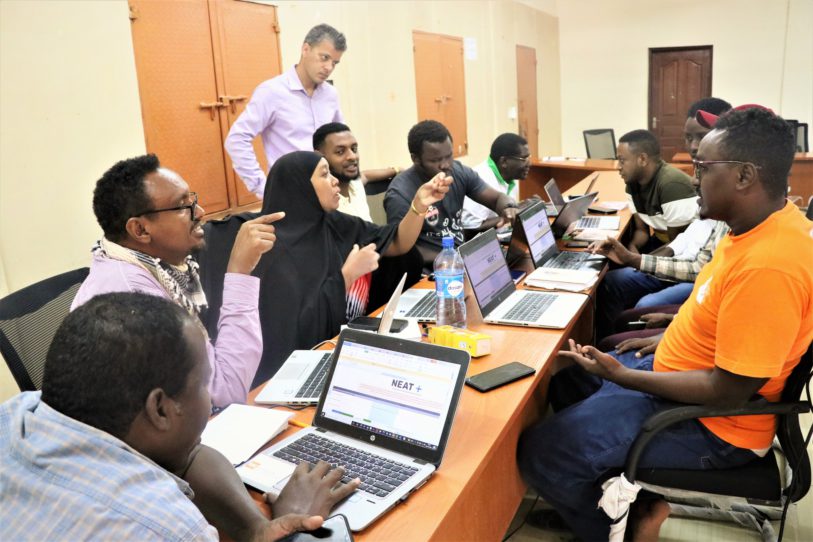
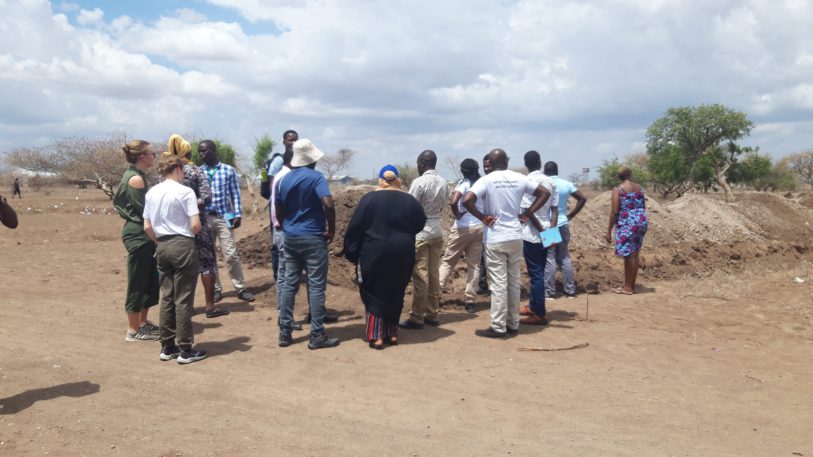
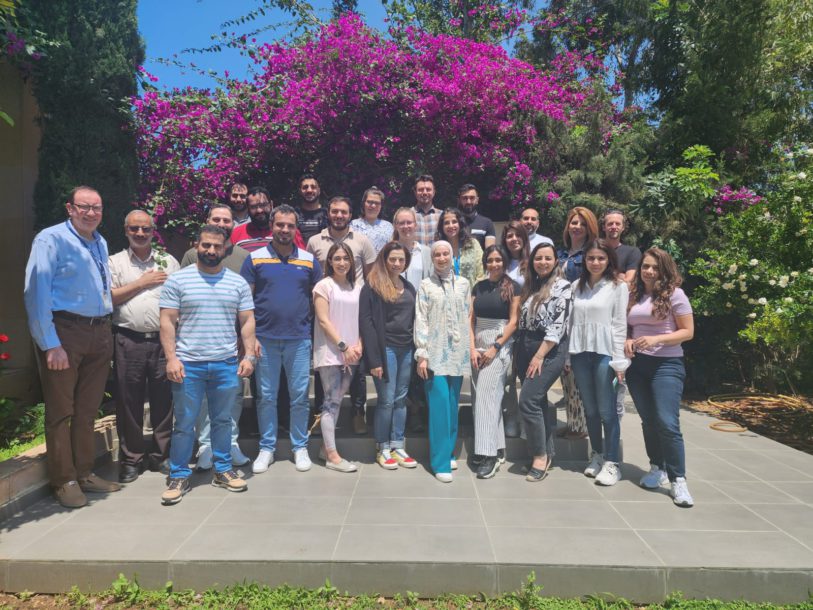
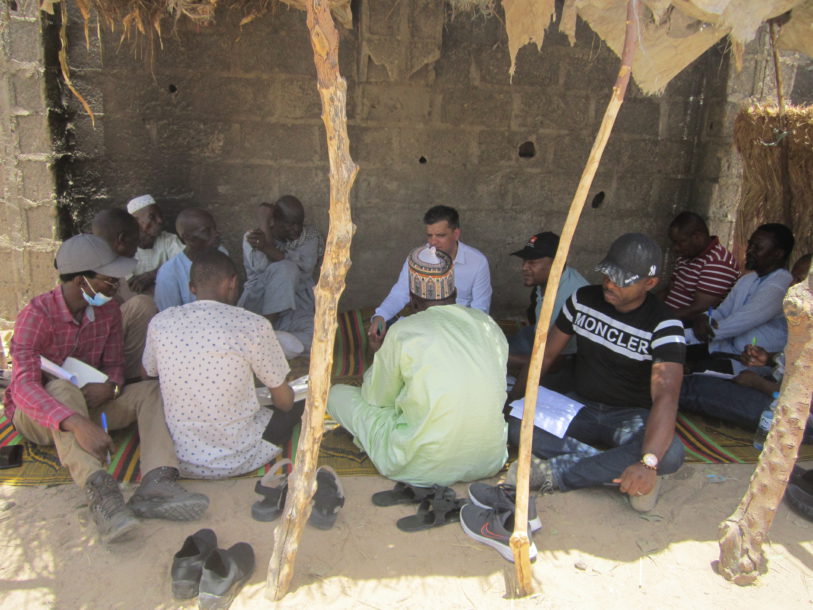
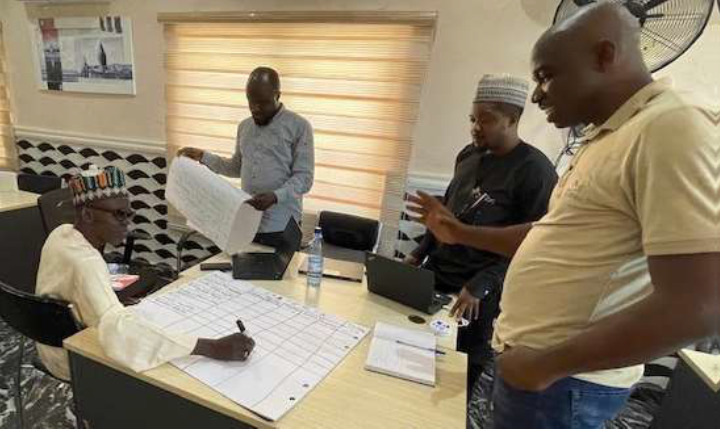 The Norwegian Refugee Council plans to support shelter rehabilitation and the provision of WASH facilities in the Malkohi IDP camp. The shelter component will support the rehabilitation of 100 temporary shelters for IDPs and around 100 mudbrick houses for the community. Essential household items for both temporary and permanent shelters will also be provided to the beneficiaries. The mud-brick shelters are preferred considering the hot climatic conditions. The shelter materials include timber, zinc roofing sheet and gutter, mud bricks, sand and cement, metal doors and windows, and oil and coal tar. These materials are mostly available within the local markets. Several other humanitarian organisations are involved in the WASH activities in Malkohi, and several deep borewells are drilled to ensure the provision of water for both IDPs and the host community. NRC plans to provide hygiene kits and support an awareness-raising campaign about good hygiene practices. In addition, NRC is also planning to create awareness about climate change and build community resilience against flooding and other climate hazards.
The Norwegian Refugee Council plans to support shelter rehabilitation and the provision of WASH facilities in the Malkohi IDP camp. The shelter component will support the rehabilitation of 100 temporary shelters for IDPs and around 100 mudbrick houses for the community. Essential household items for both temporary and permanent shelters will also be provided to the beneficiaries. The mud-brick shelters are preferred considering the hot climatic conditions. The shelter materials include timber, zinc roofing sheet and gutter, mud bricks, sand and cement, metal doors and windows, and oil and coal tar. These materials are mostly available within the local markets. Several other humanitarian organisations are involved in the WASH activities in Malkohi, and several deep borewells are drilled to ensure the provision of water for both IDPs and the host community. NRC plans to provide hygiene kits and support an awareness-raising campaign about good hygiene practices. In addition, NRC is also planning to create awareness about climate change and build community resilience against flooding and other climate hazards.